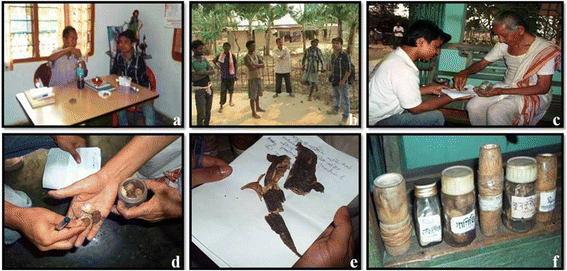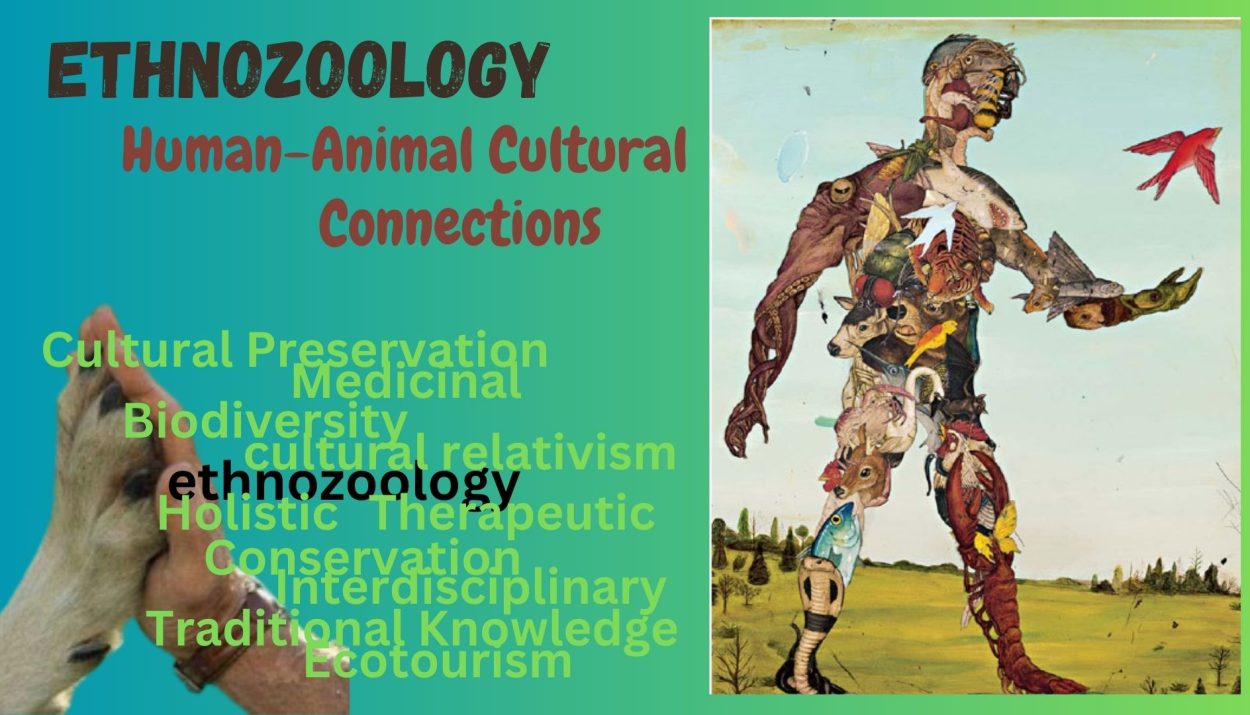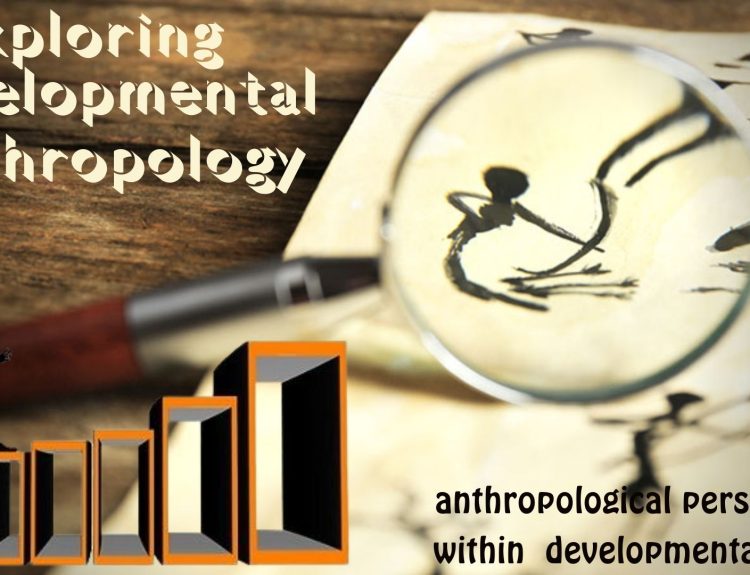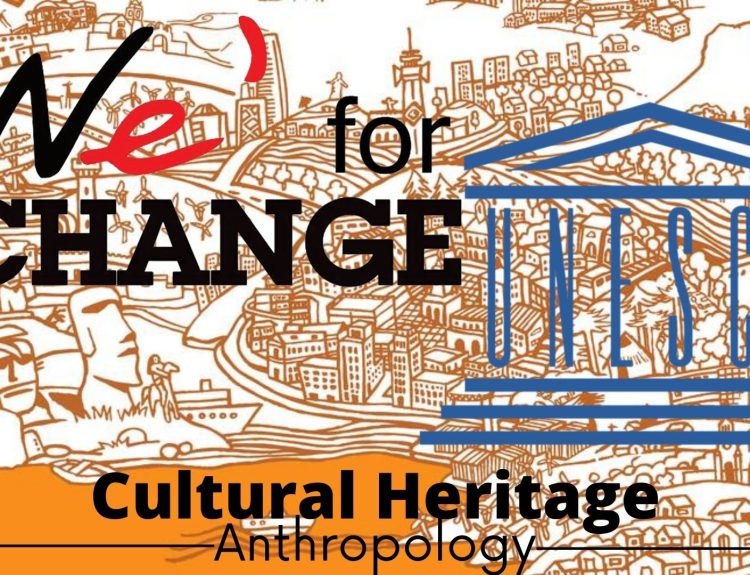Ethnozoology, at its core, is a multidisciplinary field that draws from anthropology, ecology, biology, folklore, and sociology. It is a fascinating field that explores the intricate relationships between humans and animals across different cultures and societies. Ethnozoologists seek to document and understand the myriad ways in which animals have shaped human existence throughout history. These include not only the practical aspects of hunting, domestication, and agriculture but also the symbolic, spiritual, and cultural dimensions of our relationship with animals.
According to the Merriam-Webster Dictionary, “Ethnozoology is defined as the study of the animal lore of a race or people”. The first known use of the term “ethnozoology” dates back to 1899.
What is Ethnozoology?
There is substantial evidence indicating that humans have employed animals for various purposes such as food, clothing, and medicine since ancient times. Extensive research has been conducted in the fields of ethnobotany and traditional medicine, revealing that, similar to plants, animals and their byproducts possess medicinal properties that can be harnessed for the well-being of humanity. Numerous ethnic communities are dispersed across the globe, relying heavily on local traditional medicinal systems for their healthcare needs. Moreover, religious beliefs and customs have exerted a lasting influence on human perceptions and utilization of the natural world, with animals often holding a prominent role in magical and religious practices, contributing historical and cultural depth to these relationships. A comprehensive understanding of human-animal relationships is frequently pivotal to the advancement of meaningful wildlife conservation efforts.

Ethnozoology is the examination of historical and contemporary connections between human societies and the animals inhabiting their surroundings. This field encompasses activities such as the categorization and naming of animal species, and cultural insights into the utilization of both wild and domesticated animals. Ethnozoology is a prominent subfield within ethnobiology, sharing numerous research methodologies and theoretical frameworks with ethnobotany, which studies human-plant relationships. Within ethnobiology, ethnozoological research focuses on understanding how this knowledge contributes to our comprehension of the roles that animals have played in human society.
Faunal resources have held diverse and multifaceted roles in human existence throughout history, transcending mere utilitarian purposes to encompass cultural, religious, artistic, and philosophical significance. Ethnozoology can be approached from various angles, including ecological, cognitive, and symbolic perspectives. It involves the acquisition of human knowledge about natural faunal resources, encompassing the processes of sensing, recognizing, and classifying living organisms.
Principles of Ethnozoology
Cultural Relativism: One fundamental principle of ethnozoology is the recognition of cultural relativism. It acknowledges that different cultures may have diverse beliefs, practices, and taboos regarding animals. Ethnozoologists respect these differences and aim to understand them within their cultural context without imposing their own beliefs or values.
Holistic Approach: Ethnozoology takes a holistic approach to understanding human-animal interactions. It considers not only the material and utilitarian aspects of these relationships but also their spiritual, symbolic, and ecological dimensions.
Interdisciplinary Nature: Ethnozoology is inherently interdisciplinary. It combines insights from various fields, such as anthropology, biology, and ecology, to provide a comprehensive understanding of how humans and animals coexist.
Preservation of Traditional Knowledge: Ethnozoologists recognize the importance of preserving traditional knowledge about animals. This knowledge, often passed down through generations, can offer valuable insights into sustainable resource management and the conservation of biodiversity.
Applications of Ethnozoology
Conservation and Biodiversity: One of the most pressing applications of ethnozoology is in the realm of conservation and biodiversity preservation. Indigenous and local communities often possess a wealth of knowledge about their local ecosystems and the animals that inhabit them. This knowledge can inform conservation efforts by helping scientists identify critical habitats, threatened species, and sustainable resource management practices.
For example, In the Pacific Islands, various indigenous and local communities have a deep understanding of sea turtles and their habitats, thanks to generations of coexistence and reliance on these animals for cultural and subsistence purposes. This traditional ecological knowledge has proven invaluable for sea turtle conservation efforts in the region.
Medicinal and Therapeutic Uses: Ethnozoology also sheds light on the medicinal and therapeutic uses of animals. Many traditional healing systems around the world incorporate animal-based remedies and practices. Ethnozoologists collaborate with traditional healers and scientists to explore the potential of these remedies for modern medicine, often leading to the discovery of new drugs and treatments.
For example, ants and their larvae have been used in traditional medicine by indigenous communities in South America, and studies have revealed their potential antimicrobial and anti-inflammatory properties. Honey, bee venom, and other bee products have been utilized in traditional healing systems worldwide. In traditional Chinese medicine, snake venoms have been used for centuries to treat various ailments.

Cultural Preservation: In an increasingly globalized world, many traditional cultures and practices are at risk of disappearing. Ethnozoology plays a crucial role in documenting and preserving the cultural significance of animals in various societies. This not only helps maintain cultural diversity but also provides insights into the symbolic and spiritual dimensions of human-animal relationships.
For example, In India, tigers hold deep cultural and religious significance, with many communities associating them with deities and spiritual symbols. In various African cultures, snakes are revered and play significant roles in religious ceremonies and rituals.
Ethical Considerations: Ethnozoology prompts ethical discussions about human-animal interactions. It encourages us to reflect on the treatment of animals in different cultures and societies and to consider the ethical implications of our own practices, such as animal farming, hunting, and conservation efforts.
For example, in some religious communities in the Appalachian region of the United States, snake handling is a practice believed to demonstrate one’s faith. Ethnozoologists explore the ethical dimensions of this practice, including concerns about the welfare of snakes and public safety.
Ecotourism: Ethnozoology plays a crucial role in ecotourism by enhancing visitors’ understanding and appreciation of local wildlife. When integrated into ecotourism experiences, ethnozoological knowledge enriches the narratives and educational aspects of tours. It enables tourists to learn about indigenous communities’ traditional beliefs, practices, and sustainable coexistence with wildlife, fostering respect and conservation awareness. Ethnozoology also helps shape responsible tourism practices, ensuring that interactions with animals are respectful, ethical, and environmentally sustainable. It highlights the interconnectedness of all living beings on Earth and underscores the significance of preserving our natural heritage.
For example, In Tonga, ethnozoology enhances whale-watching expeditions featuring humpback whales. Indigenous guides from the island of Vava’u share their ancestral knowledge about the whales’ migration patterns and behaviour. Tourists gain a profound appreciation for the whales’ significance in Tongan culture, as well as the importance of preserving their breeding and feeding grounds in the region.

Conclusion
Ethnozoology is a dynamic field that offers valuable insights into the complex relationships between humans and animals. The abundant wildlife and cultural variety in our surroundings, where a multitude of animal species serve a vast array of purposes for us, provide an exceptional context for exploring the interactions between humans and other creatures. Through the applications of ethnozoology in conservation, medicine, cultural preservation, ethics, and education, ethnozoology continues to be a vital tool in our efforts to better understand and appreciate the animals that share our planet.
Also, read other science topics
The manufacturing process of Neodymium magnets?







